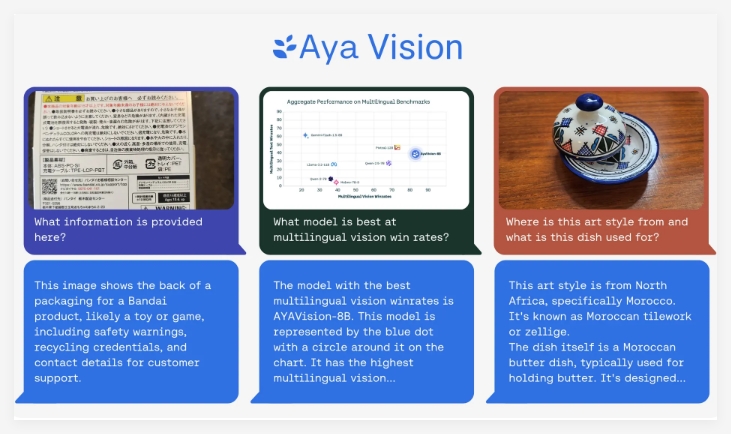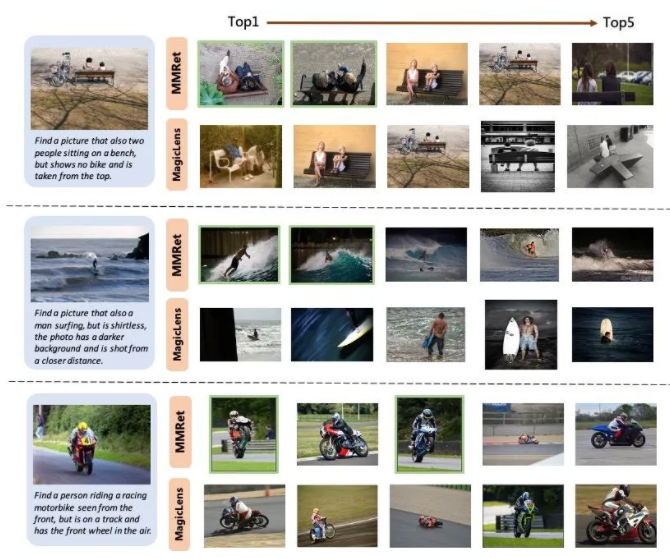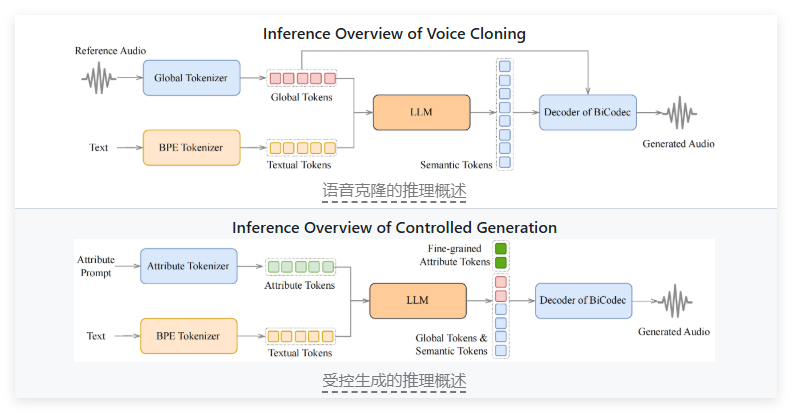In recent years, with the rapid development of artificial intelligence technology, AI customer service has been widely used in many industries such as e-commerce, logistics and telecommunications. However, despite the increasing popularity of AI customer service, human customer service positions are still listed as in-demand skill occupations in many places.
According to the Workers' Daily report, the reporter found during the investigation that many people engaged in manual customer service are mostly from rural areas. The work pressure and intensity of the positions are generally high, and the turnover of personnel is frequent.

Professor Liang Kongming of Beijing University of Posts and Telecommunications pointed out that the current AI customer service is insufficient in handling complex problems and is difficult to accurately identify and respond. Although technology continues to advance, users' expectations for AI customer service are also increasing, which makes the problem of its intelligence more and more obvious.
With the continuous popularity of AI customer service and the acceleration of enterprise digital transformation, human customer service positions are listed as urgently needed talents. The human resources and social security departments of many provinces and cities have included "customer service administrators" in their shortage occupation catalogs.
Experts say that although AI customer service has advantages in improving efficiency, it still has shortcomings when dealing with personalized and complex issues. Therefore, in the process of transformation, enterprises need to find a way to synergize and complement human customer service and AI customer service. At the same time, experts suggest that companies should protect the rights and interests of human customer service personnel and reduce their psychological pressure to improve work efficiency and service quality.







